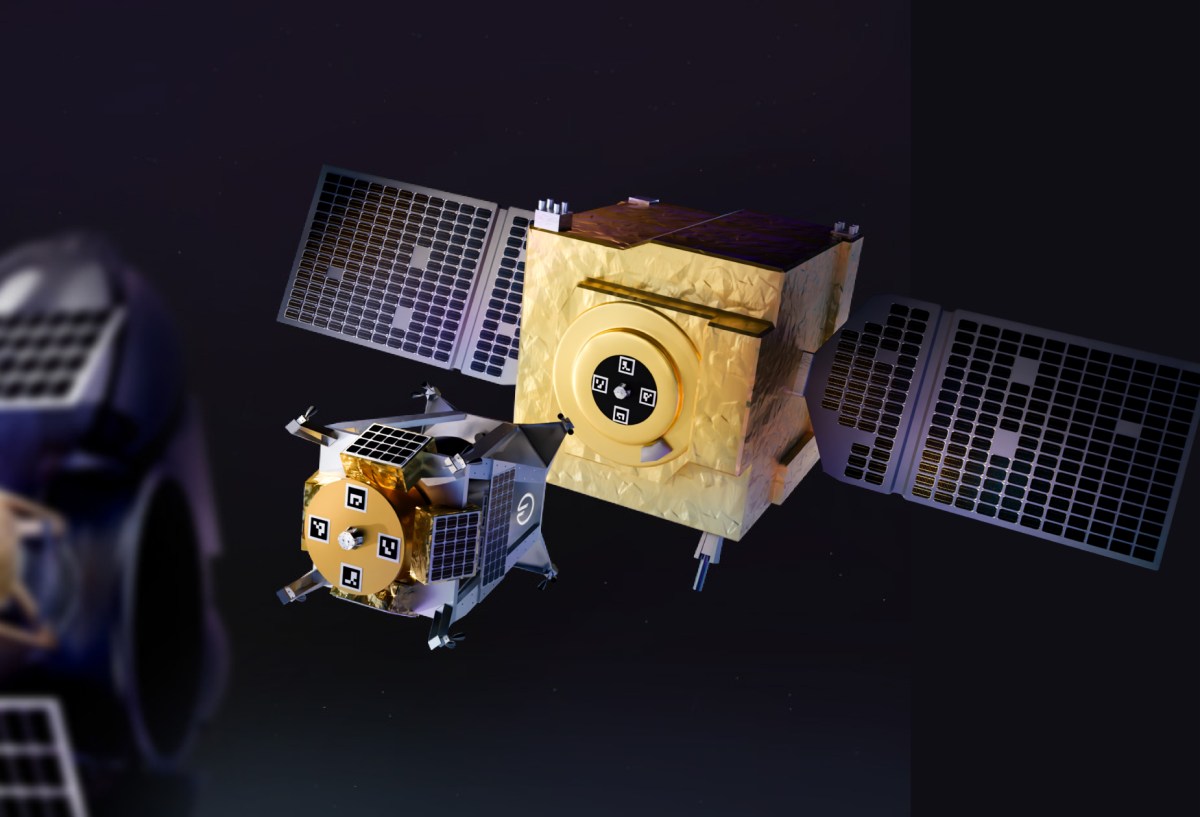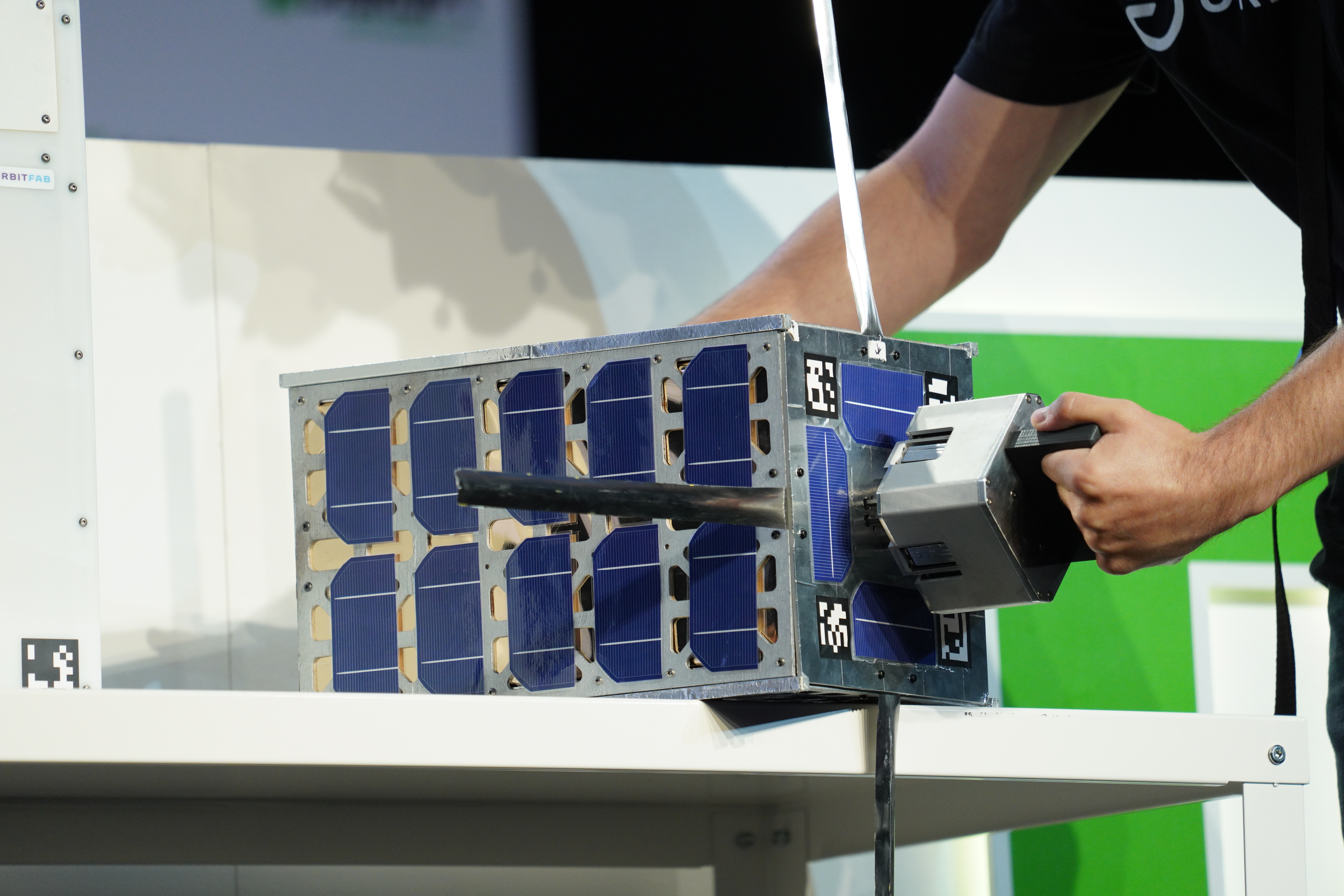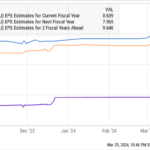
Introduction
Orbit Fab wants to build “gas stations” for satellites — which means it needs the gas cap, a mechanism for transferring propellant from an orbital tanker to the customer spacecraft. That docking mechanism, called RAFTI, is now flight-qualified and on the market. The price tag for each port? Just $30,000.
Background of Orbit Fab
The Colorado-based startup (and former TechCrunch Disrupt Battlefield finalist) has been in operation since 2018, and its CEO and co-founder Daniel Faber has been working in the space industry for decades; he’s likely best known for heading up Deep Space Industries (DSI), a company that was targeting asteroid mining. The company, which was founded in 2012, was acquired by Bradford Space seven years later.
Development of In-Space Refueling
“If you want [to talk about] something that’s too early, that’s it,” he joked during a recent interview. As part of the company’s efforts to eventually build tech capable of prospecting a distant asteroid, DSI built satellite thrusters for orbital maneuvering. This work, and subsequent conversations with customers and colleagues, eventually led Faber to believe that the next big opportunity was in-space refueling.
Significance of In-Space Refueling
Part of it is simple math: Colleagues and former customers told him that they could squeeze as much as $1 million in marginal revenue from satellite missions from an extra kilogram of propellant.
Market Expansion and Funding

Image Credits: TechCrunch / Orbit Fab onstage at TechCrunch Disrupt in 2019
“Spacecraft are optimized with the amount of fuel they have, and when they get to the end of it, an extra kilo would give them a million dollars of marginal revenue,” Faber said. “We create so much value from that, we just have to do it.”
Future Ventures and Expansion
The 2010s also saw the emergence of a handful of satellite servicing companies, like Astroscale, which are developing technology for space debris removal, satellite life extension or last-mile satellite delivery. Faber calls these capabilities “tow truck applications,” and he realized that there would eventually be a need for orbital gas stations to complement this fleet.
Conclusion
“SpaceX has made rockets reusable, Orbit Fab makes satellites reusable,” Faber said. “In this world today, if you’re running a rocket company, and you’re not working towards reusable rockets, you’re working to a dead end. The same is true of satellites: If you’re not making your satellites reusable, you’re just putting preordained junk into orbit.”



















